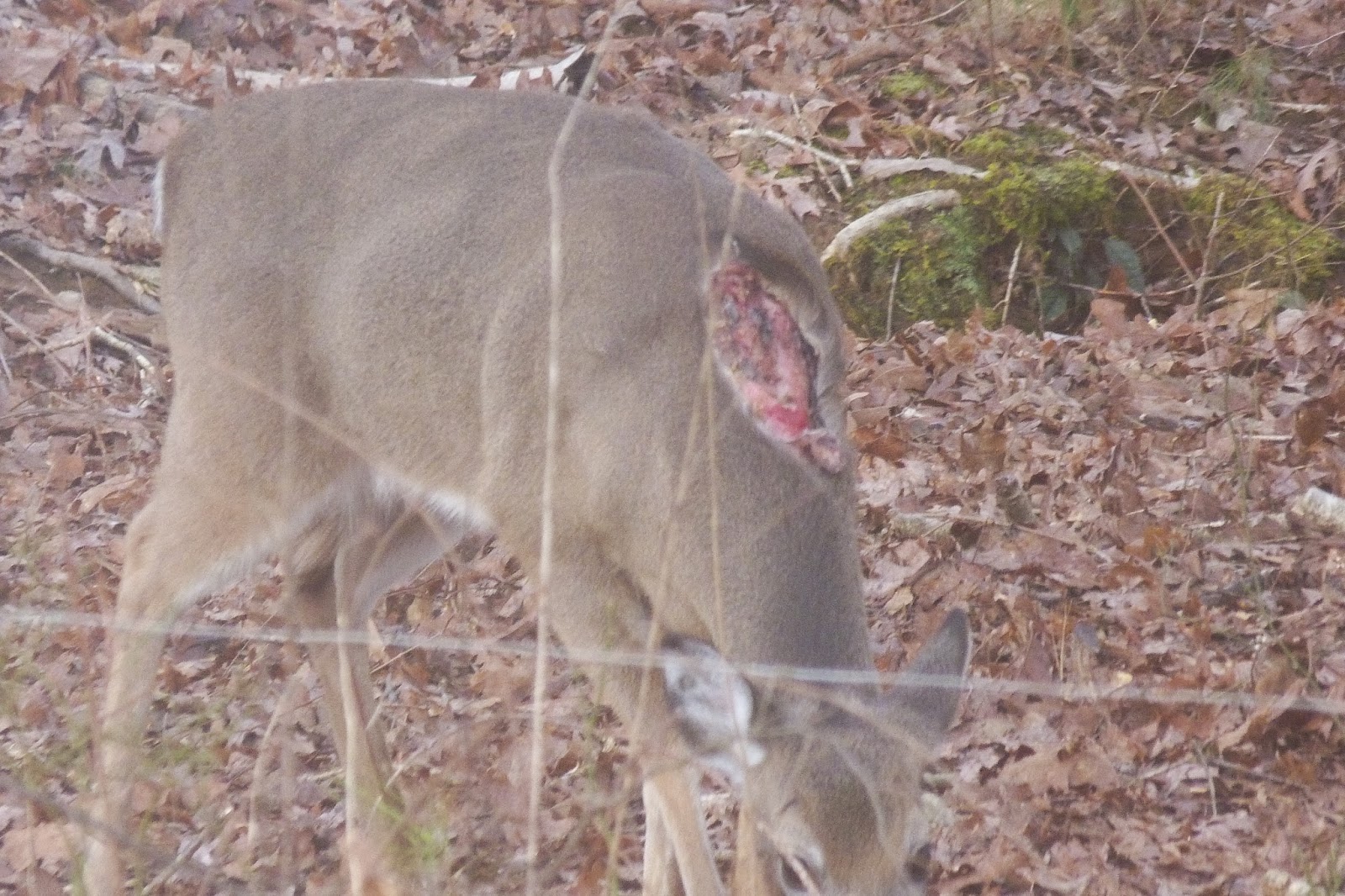I set out to prove the location of the Native
American village of Ekundutske. This is how I proved the location of the
village.
There are records that claim Ekundutske was a
village in what is now Montgomery County located in Alabama. It was said that this was a theory and the
exact location of the village was unknown.
This publication was in 1920.
How did I get started with this task of locating the
village here it being 2014 nearly 100 years after the last known claim to where
the village was located? I was looking
at an old Alabama Geological map of Clay County in 1926 and saw that a ridge
ran through our property that I had never seen named before called Sandutskee
Ridge. To me this sounded like a Native
American name. I asked a man that I knew
who claimed to know the Creek Indian language about this word and he responded
that it meant “boundary line” or “dividing line”. He said it should be spelled differently. Immediately, I knew why it was called
Ekundutske because I had recently mapped out the watershed on our property
dividing the Coosa River and the Tallapoosa River. This was the dividing line the Native
Americans had referred to. They used the
waterways for travel and this line was important to them. I then started doing research on this
village. This is how I found the article
about the thought that the village was in Montgomery County.
Ekun was the native language and to the Europeans it
sounded in their language like San. That is how it ended up Sandutskee Ridge.
I was visiting with a friend and told him about my
findings and he owned property near the railroad track and at this point on the
railroad it was called Dutskee. This
point is at the highest elevation on the track between Birmingham, Alabama and
Manchester, Georgia. My friend responded that he had always wondered why this
place was called Dutske.
In 1831, the removal of the Native Americans was
taking place ”The Trail of Tears”. There
were Congressional Records being recorded about this removal. They listed all the villages with the Heads
of Households and how many was in each family as they were rounded up to make
this horrible journey to Oklahoma. These
records showed that after the village of Ekundutske was recorded that the next
village recorded was Hillabee. These
people at Ekundutske were probably part of the Hillabee Clan. Many of the recorded names are similar. Because these two villages were recorded back
to back made me know the village was here and that a village in Montgomery
County would not just get inserted at this point because other villages
recorded were also in this area.
I knew where the village of Ekundutske was and now I
had to try to prove it. I used the
internet that was not available in 1920 but was now at my fingertips. My proof came in the way of a newspaper
printed in 1839 and 1840 in Washington D.C.
The newspaper was the Washington
Globe. The paper had listed the
property being given to the people to make this a part of the new America as
the Old World was passing away. The
paper listed the village name and it gave the section, township and range of
this property. And now you guessed it,
it was all in Clay County Alabama on the dividing line of the Coosa River and
the Tallapoosa River Watershed. The
Native American Village of Ekun duts ke has been found!
These people probably fought in Talladega against
Andrew Jackson alongside the other Hillabees in 1813 as General Jackson headed
to Horseshoe Bend. They were trying to
make peace with General Jackson after the Battle of Talladega but General White
coming down from Tennessee to meet General Jackson did not get the
communication and this village was probably part of the Hillabee Massacre that
General White was responsible for. This
was a sad day because the Native Americans came out in peace and the soldiers
started shooting them down.
Old-timers here in Clay County tell of a place that
they used to find cannon balls and this place is located on the dividing line.
Lamar Dewberry
August, 2014
Pictures taken last week of a doe that lives at our house. She showed up last week with part of her shoulder torn off. you look at it and try to decide what you think did this. She has no other marks on her. She had a close call!
It has been a wet 2013 summer but the fungi in the forest has been interesting to see. The next three pictures are proof of that!
















